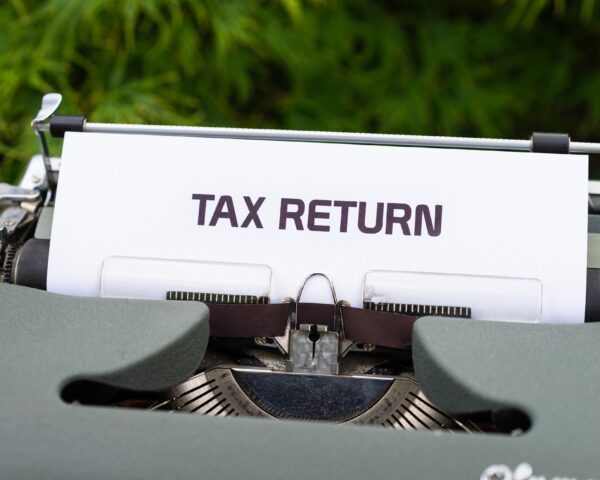We’ve outlined the mess over the past few weeks in layman’s terms. A step-by-step account as the nightmare unfolded:
1) 23rd September – Kwasi Kwarteng introduced his ‘mini budget’, including unprecedented tax cuts and the energy price guarantee.
2) Shortly afterwards – One of the largest sell-offs of UK government bonds began.
What are government bonds? This is where you loan money to the government, in return for an agreed rate of interest. You then get your ‘principal’ or original investment back when the bond matures. The government uses them to raise funds for new projects or infrastructure. Importantly these are usually seen as a safe, stable investment with a fixed interest rate.
Why the sell-off of bonds? Essentially because the bonds lost their value in a very short space of time, but why?
A few reasons:
- Inflation – Traditional economic logic suggests that by providing a package of massive tax cuts, this puts more pressure on inflation. Tax cuts drive up demand in the economy, and without the same shift in supply – prices will also go up. Higher inflation also causes the pound to weaken further, in line with the UK’s spending power.
- Interest rates – To curb the increasing inflation rates, the Bank of England’s usual reaction would be to increase interest rates. This encourages people to save, makes it more expensive to borrow and therefore slows down spending. But as interest rates increase, the value of the government bonds decreases. The two are inextricably linked, and as interest rates increase there are better investment options available driving down the value of the bond.
- Confidence in the government – Many viewed the tax cuts as too far reaching, especially the abolition of the top rate (45p) income tax which came as a bi of a surprise. Many in the city viewed it us unsustainable, which also led to the sell-off in government bonds. Investing in the government was deemed to be a risky move which demanded a higher return form those investing.
3) 28th September – The Bank of England steps in and buys government bonds. The bank pledged to buy £65bn of bonds to try and calm the markets and restore some order. But why?
Mainly to protect Pension funds. Pension funds will hold government bonds as part of their asset portfolio. As the yield (or the demanded return on the bond) rose in line with the government’s weaking credibility, lots of the funds were forced to sell off the bonds to pay over fresh cash demands coming from liability products which they were also holding. The parties providing those liabilities were now demanding collateral to be put up by the pension funds, as interest rates started rising. All in all a bit of a vicious circle – so the bank of England stepped in to help buy these bonds back in the short term.
4) 10th October – The Bank of England announced that it would increase the maximum size of daily auctions from £5bn to £10bn, and also buy index-linked government bonds (slightly different bonds which are linked to inflation).
The bank warns the pension funds that they would need to be able to manage without the support from the bank from 14th October, and they would need to agree a way forward with their creditors.
5) Friday 14th October – Jeremy Hunt appointed as the new chancellor, following the removal of Kwasi Kwarteng.
6) Monday 17th October – Hunt has pretty much reversed all of the tax cuts except a few where the legislation had already kicked off. The Pound has bounced back slightly, and the markets have stabilised to some extent.
7) Thursday – 20th October – Liz Truss resigns as Prime minister. What a month!









